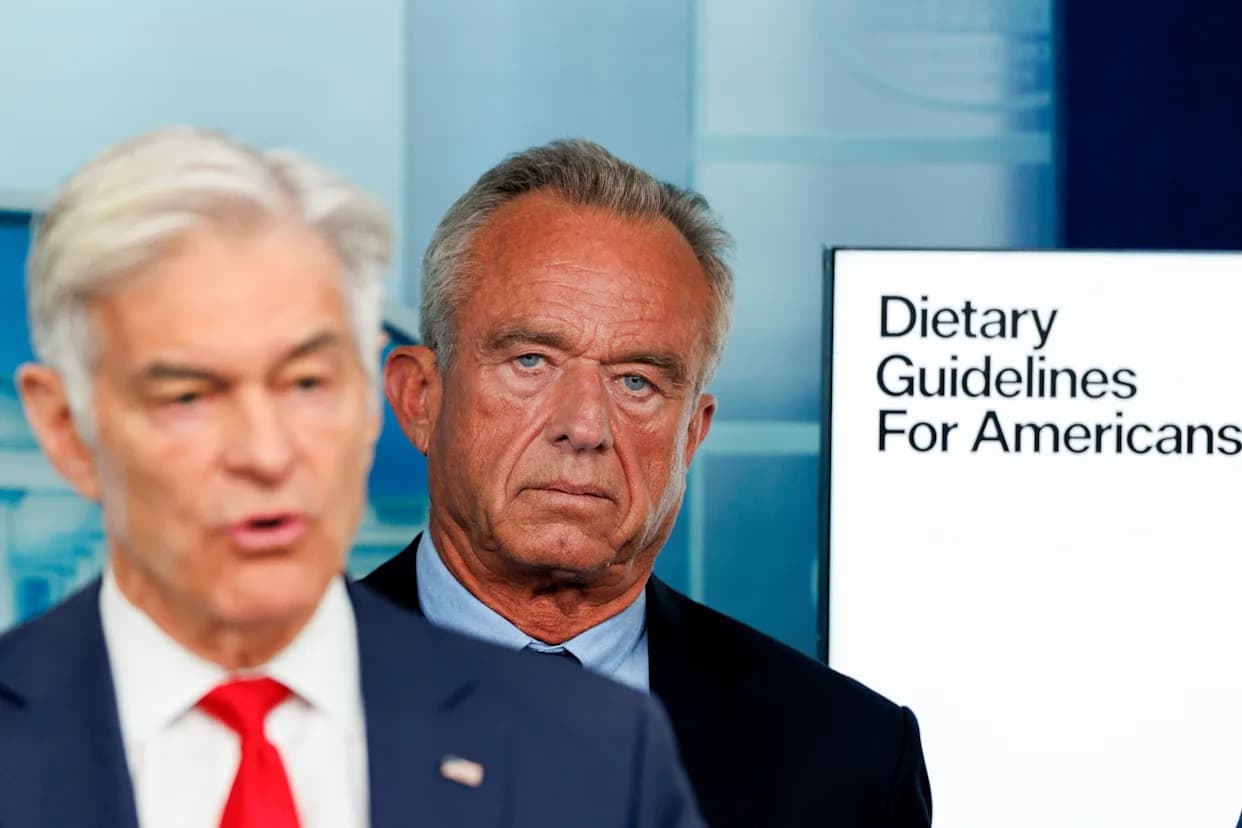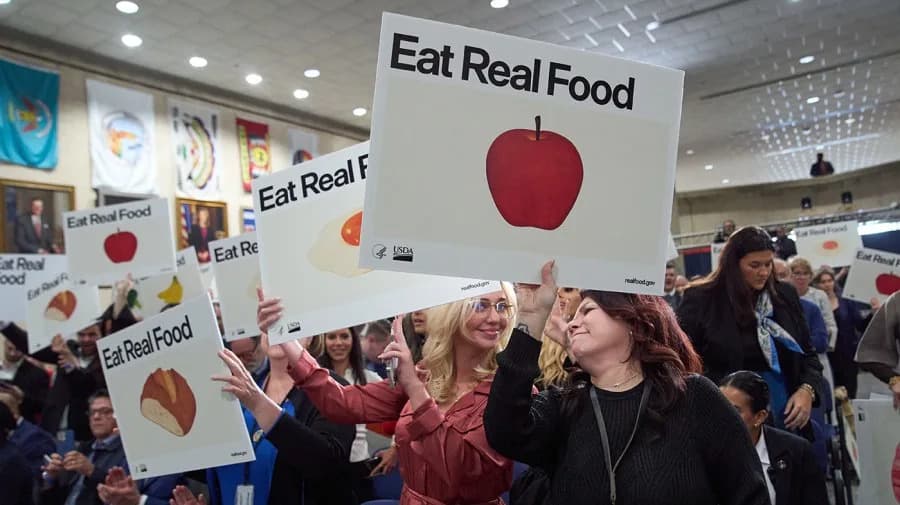The A12 café in Riyadh is serving draft German Warsteiner labeled 0.0% alcohol, poured into large mugs and paired with salted peanuts to recreate a pub‑style atmosphere. Since April the venue has drawn young Saudis who film themselves, watch sports and sample the alcohol‑free experience. The trend highlights cautious social change in Saudi Arabia — where reforms have loosened some restrictions even as alcohol remains banned. Café managers say the aim is to offer a familiar social setting "within the limits of local values."
Draft Pints, Peanuts and No Hangover: Riyadh Café Recreates Pub Atmosphere with 0.0% Beer

Draft beer, salted peanuts and big‑screen sport — the trappings of a neighborhood pub — have found a new form in Riyadh, where customers in white thobes and black veils sip alcohol‑free pints with no risk of a hangover. The A12 café on a busy avenue is serving German Warsteiner labeled 0.0% alcohol from a tap, poured into large mugs and served alongside peanuts in a deliberately pub‑style setting.
Social experiment with a local frame
"The idea is to offer customers an original experience they can share on social media," said Abdallah Islam, manager of the A12 café. Since the venue began pouring draft 0.0% beer in April, it has drawn mostly young Saudis who film themselves, watch football on a mounted screen and sample a carefully crafted bar atmosphere — without alcoholic content.
Inside the café, some women lift face veils briefly to sip ice‑cold, non‑alcoholic beer. "Is there alcohol in this?" one guest asked nervously as he eyed his glass, while others laughed at their own curiosity and posted videos on TikTok. "The look of it is scary — it looks like alcohol," said 18‑year‑old Sheikha, who tried the drink and called it "refreshing" after overcoming her initial reservations.
Context and limits
The scene reflects cautious social change across the kingdom: cinemas have reopened, women drive and tourism is expanding. Yet alcohol remains illegal in Saudi Arabia. The ban dates back to 1952 after a historical incident involving a member of the royal family. For years, some residents have produced homemade wine or turned to black‑market imports; in January 2024 the kingdom opened a licensed liquor store in Riyadh that serves only non‑Muslim diplomats.
Experts say any move to broadly legalize alcohol would be sensitive. "The kingdom must tread carefully with any potential legalisation of alcohol, as it would contradict its image as a credible leader of the Islamic world," said Sebastian Sons of the think tank CARPO. Saudi Arabia and Kuwait remain the only Gulf states that still prohibit alcohol.
Back at A12, the manager frames the offering as a way to "recreate the bar feeling but within the limits of local values." The experiment appeals to a youthful population eager to try new experiences while respecting established lines. "In our country, there are no alcoholic drinks," said Ahmed Mohammed, 18, after setting down his empty mug. "And we don't want there to be any."
Help us improve.




























